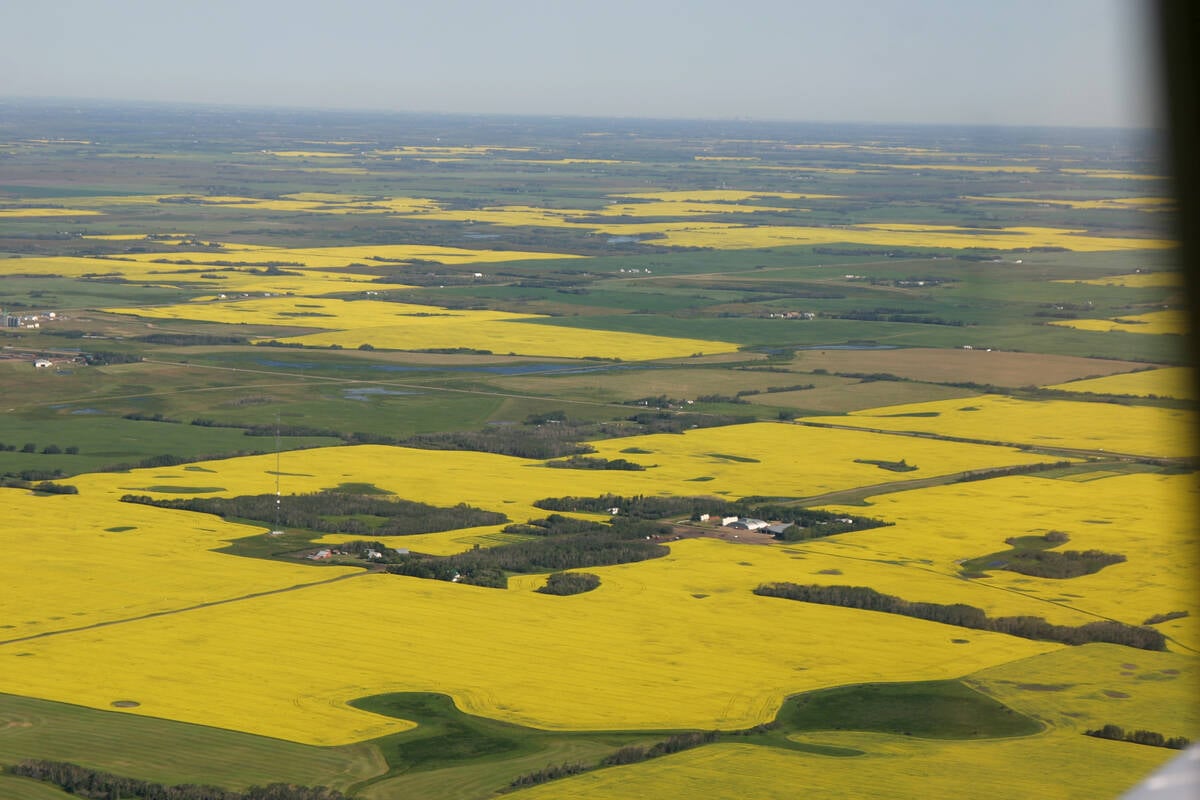Turkey is one of the world’s largest producer of wheat. Sixth, to be exact. In 1994-95, this Near East country produced 16 million tonnes of wheat and durum. In the past 10 years, average production has been 18 million tonnes.
But Turkey isn’t usually much of a force in world markets, because it has a big appetite. Much of the wheat and durum it produces is consumed at home, while another proportion is milled and sold as flour or pasta to other Asian countries.
But every once in a while, Turkey will enter the world trade stage looking to buy or sell.
Read Also

Increasing farmland prices blamed on investors
a major tax and financial services firm says investors are driving up the value of farmland, preventing young farmers from entering the business. Robert Andjelic said that is bullshit.
This year, both the Canadian Wheat Board and the foreign agriculture service at the U.S. department of agriculture say that Turkey is going to be a buyer. While its production hasn’t changed much – the latest forecast by the International Grains Council is pegged at 16 million tonnes – the quality has.
Insects damaged the crop early in the season and rains during harvest dropped quality even more. Turkey is looking at importing up to 500,000 tonnes of wheat and perhaps as much as 200,000 tonnes of durum this year.
Reuters News Agency reported last week that Turkey has already imported 150,000 tonnes of bread wheat from eastern European countries and 50,000 tonnes of durum, half from Mexico and half from Canada.
Deborah Harri, information officer with the Canadian Wheat Board, said Turkish buyers, including private millers and pasta makers and the state Turkish Grain Board, will be aiming to buy from the board and from the U.S. since they are familiar with North American wheat and durum quality from other buying forays.
In fact, the board sold Turkey 110,000 tonnes of wheat during the 1993-94 crop year, Harri said. Most of it was durum.
Also, she added the E.U. won’t be issuing any new export licenses until early September, eliminating a competitor. And with drought hurting the Spanish wheat crop, the E.U. will have fewer supplies to sell once it is back in the market.
Harri said another prospective buyer like Turkey, entering an already tight wheat market, will allow the board to pick and choose the best-priced markets for this year’s smaller Canadian wheat crop.
“We’re anticipating capturing a much larger percentage of the higher-priced commercial market this year,” she said.
The implication is that Turkey, if it wants Canada’s quality, will have to pay for it.















